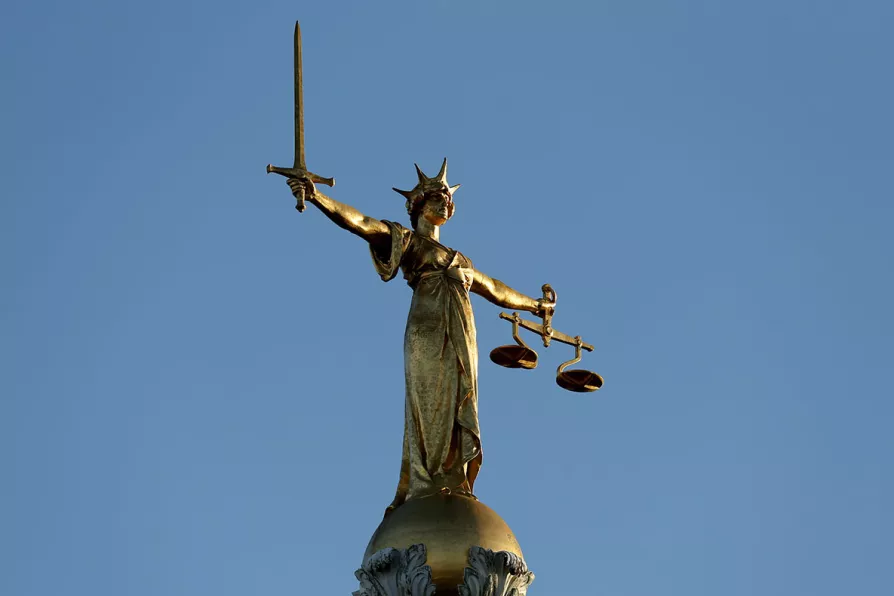Controversial justice reforms pass first Holyrood test

 FW Pomeroy's Statue of Justice stands atop the Central Criminal Court building, Old Bailey, London
FW Pomeroy's Statue of Justice stands atop the Central Criminal Court building, Old Bailey, London
CONTROVERSIAL legislation promising sweeping changes to Scotland’s justice system has passed its first parliamentary test.
The Victims, Witnesses and Justice Reform (Scotland) Bill covers vast tracts of Scotland’s legal system, not only seeking to ditch the centuries-old and widely criticised verdict of “not proven” but create the post of victims’ commissioner and victims of sexual offences the right to lifelong anonymity.
But the inclusion of a clause to pilot juryless trials in cases of rape, aimed at increasing the 24 per cent five-year conviction rate, attracted the most concern from MSPs and from the legal profession.
Similar stories













